Spencer Turney
-
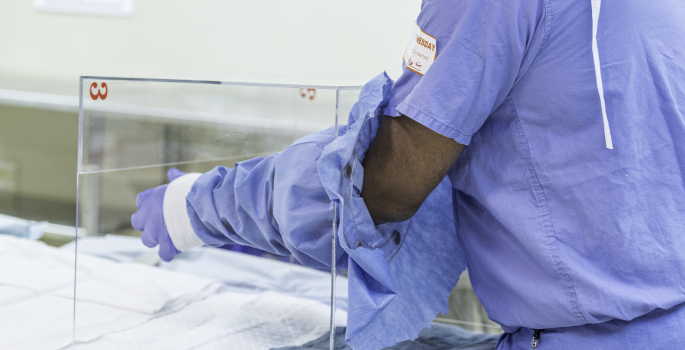
Collaborative project from VU and VUMC improves intubation box safety for COVID-19 caregivers
A collaborative project from clinicians at Vanderbilt University Medical Center and the Vanderbilt Institute for Surgery and Engineering demonstrates a simple, low-cost retrofit solution that improves the safety of intubation boxes used while treating COVID-19 patients. Read MoreMay 12, 2020
-
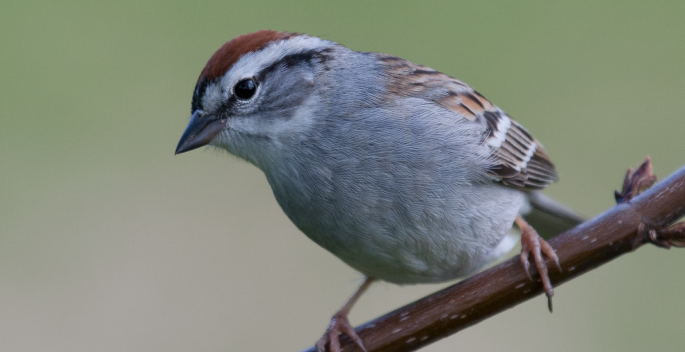
Vanderbilt lab develops app for analyzing crowd-sourced songbird recordings
With a new app from a team at Vanderbilt, birdsong researchers can better leverage crowdsourced fieldwork and audio recordings from amateur birders and citizen songbird scientists. Read MoreApr 20, 2020
-
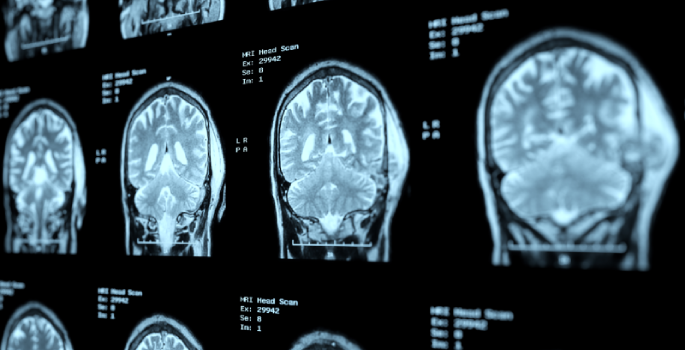
Advanced, high-res MRI scans reveal link between cognitive abilities and ‘tree ring’ layers in the brain
Object recognition and facial recognition may seem like similar abilities, but new research from Vanderbilt finds that these behaviors are on the opposite ends of the spectrum when it comes to physical signatures in the brain. Read MoreApr 13, 2020
-

Bike-inspired exoskeleton could allow humans to run 50 percent faster
Runners could soon keep up with cyclists, thanks to a new exoskeleton invention from a team of mechanical engineers at Vanderbilt which would bring cycling mechanics to the human body. Read MoreApr 7, 2020
-

Biology researchers capture shape-shifting delivery structures in body’s cellular “FedEx system”
A new cellular biology study reports the first visualization of a unique shape-shifting structure in the human body which plays an important role in the timely delivery of fats and proteins. Read MoreMar 9, 2020
-

Fasting at night or in the morning? Listen to your biological clock, says new research
According to a new study published by biological science researchers at Vanderbilt, the answer to eating (or fasting) windows lies in the circadian rhythms of the body’s biological clock. Read MoreFeb 27, 2020
-
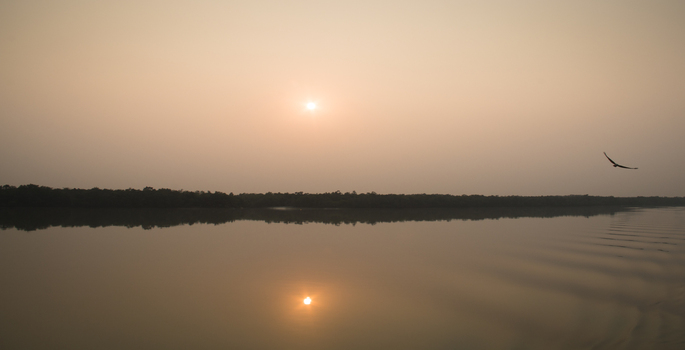
Bangladesh collaboration offers lessons for facing rapid environmental changes
With a population of roughly 150 million people, the delta country of Bangladesh holds about half the population of the entire United States in an area the size of Louisiana, and exists under a near-constant risk of sea level rise and other dynamic climate changes. Read MoreFeb 24, 2020
-
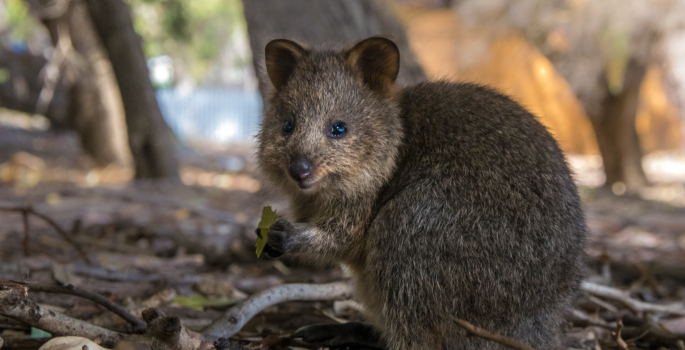
Where are the quokkas? New study explains what happened to the “happiest animal in the world”
The quokka, a small marsupial native to Australia, is an example of a species vulnerable to extinction in the country’s harsh surroundings. In a new study, researchers at Vanderbilt University demonstrate evidence for the dramatic decline of quokkas over the past century. Read MoreFeb 21, 2020
-
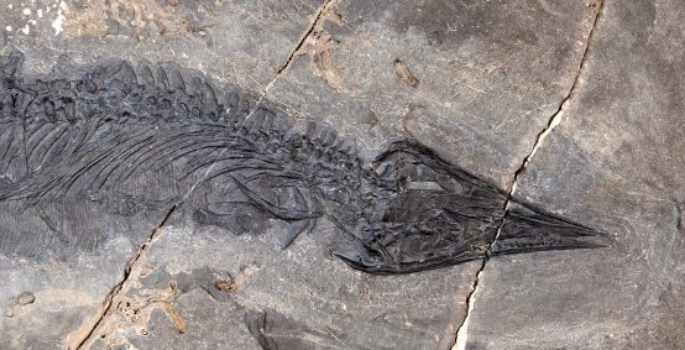
New thalattosaur species discovered in Southeast Alaska
Researchers at the University of Alaska Fairbanks and Vanderbilt University have identified a new species of thalattosaur, a marine reptile that lived more than 200 million years ago. Read MoreFeb 4, 2020
-
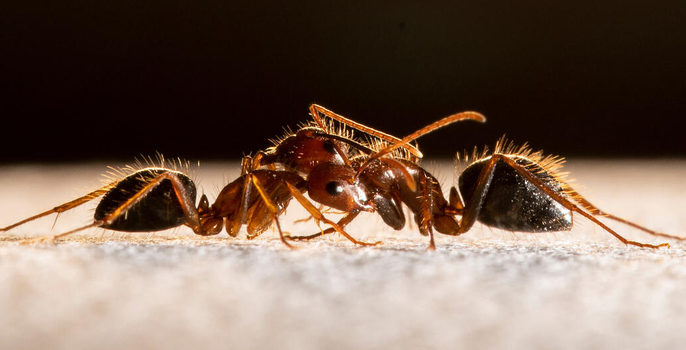
How ants get angry: Precise “lock and key” process regulates aggression, acceptance
In a new study, scientists at Vanderbilt report definitive evidence of a mechanism within ants that is responsible for unlocking aggression. The research—the first to pinpoint this mechanism and its precise role in ant biology—reports a social characteristic which could help account for their evolutionary success. Read MoreFeb 3, 2020
-
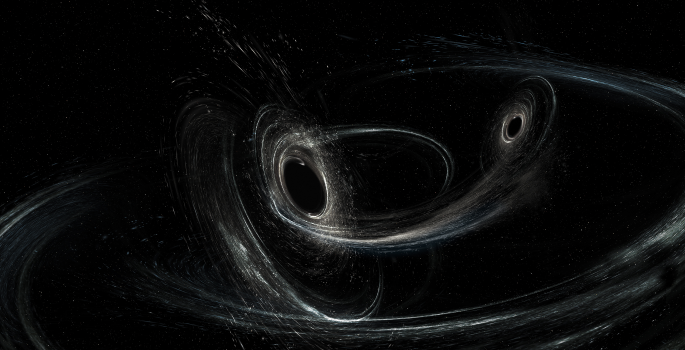
How many stars eventually collide as black holes? The universe has a budget for that.
A promising new study developed by one Vanderbilt astrophysicist may give us a method for finding the number of available stars in the history of the universe that collide as binary black holes. Read MoreJan 31, 2020
-

Experiments into amorphous carbon monolayer lend new evidence to physics debate, lay groundwork for future devices
A new study into two-dimensional amorphous carbon is providing answers to long-standing questions regarding the atomic makeup of bulk amorphous materials, opening the door to exciting device applications in the future. Read MoreJan 8, 2020
-

Seeing the unseen: Vanderbilt science hub helps set a standard for innovative microbiome research, education
The Vanderbilt Microbiome Initiative is receiving attention for its role as a standard bearer for other microbiome programs, thanks to a new article on the importance and emergence of microbiome centers – academic hubs of microbiome-related research. Read MoreDec 19, 2019
-
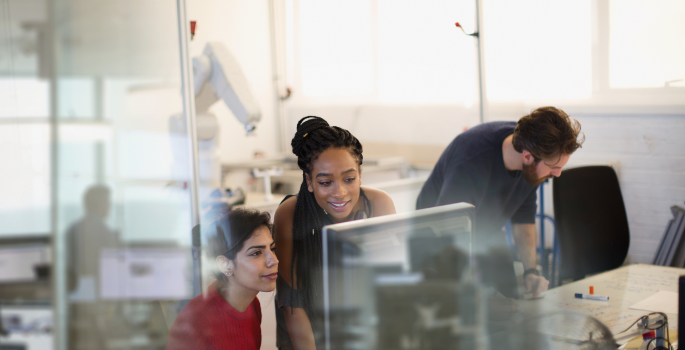
Ph.D. bridge programs show success in fostering diversity and inclusion, according to new study
A team of STEM researchers, including Vanderbilt astrophysicist Kelly Holley-Bockelmann, have published a new collaborative study on Ph.D. bridge programs as a mechanism to empower students, foster diversity and spur a more holistic approach to graduate education. Read MoreDec 6, 2019
-

What leads to compulsive alcohol use? With new experiments into binge drinking, researchers are finally getting answers
New study from neuroscientists at Vanderbilt provides initial answers to long-standing scientific questions on what causes the transition from moderate to compulsive alcohol consumption – and what makes some drinkers particularly vulnerable to developing alcohol use disorders. Read MoreNov 22, 2019
-
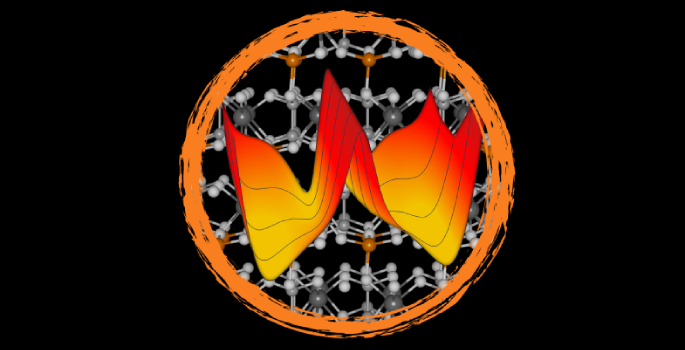
Discovery in ferroelectric material reveals unique property, promising application potential
A discovery from a team of physicists and other researchers is breaking new ground in the study of ferroelectricity, a characteristic of certain dielectric materials that are used in high-technology applications. Read MoreNov 18, 2019
-
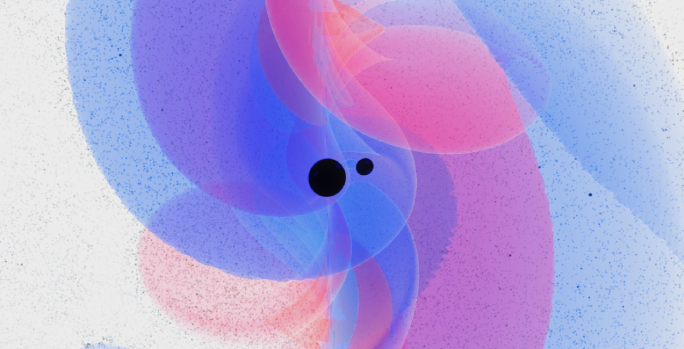
Here’s how a Vanderbilt astrophysicist plans to observe a black hole ‘symphony’ using gravitational wave astronomy
New research led by Vanderbilt astrophysicist Karan Jani presents a compelling roadmap for capturing intermediate-mass black hole activity. Read MoreNov 18, 2019
-

Vanderbilt astrophysicist and National Academies committee publish report on effective STEMM mentorship
A National Academies committee, featuring Vanderbilt astrophysicist Keivan Stassun, published a report and resource guide on effective mentorship in the fields of science, technology, engineering, mathematics, and medicine. Read MoreOct 31, 2019
-

National Academies committee including Vanderbilt astrophysicist publishes review of latest NASA Science Plan
An astrophysicist at Vanderbilt is part of the committee behind a review of NASA’s updated Science Plan, a five-year strategic roadmap for NASA’s Science Mission Directorate. Read MoreOct 18, 2019
-
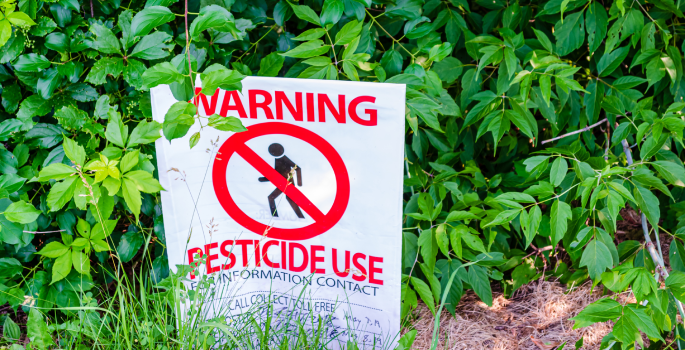
EPA-funded study aims to create novel platform for research into long-term neurotoxin exposure
A new Vanderbilt study funded by a grant from the Environmental Protection Agency seeks to construct a new platform and reliable approach for future studies into organophosphate compounds, such as pesticides, insecticides and similar nerve agents. Read MoreOct 16, 2019